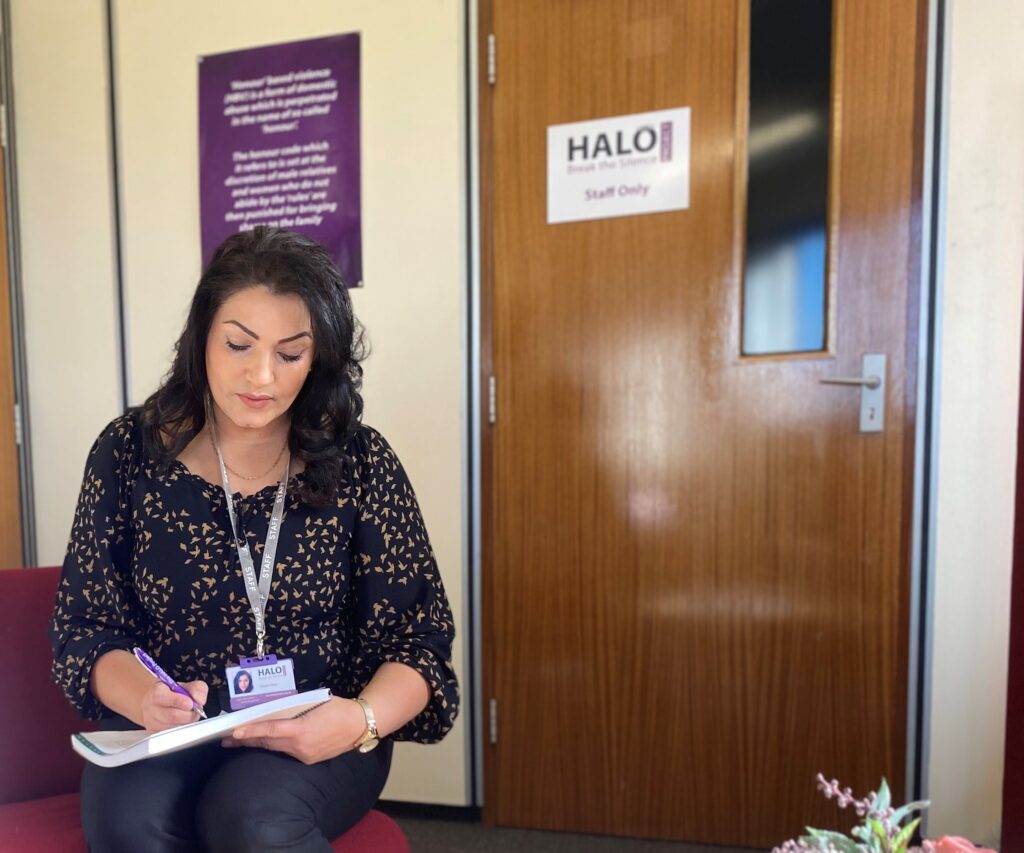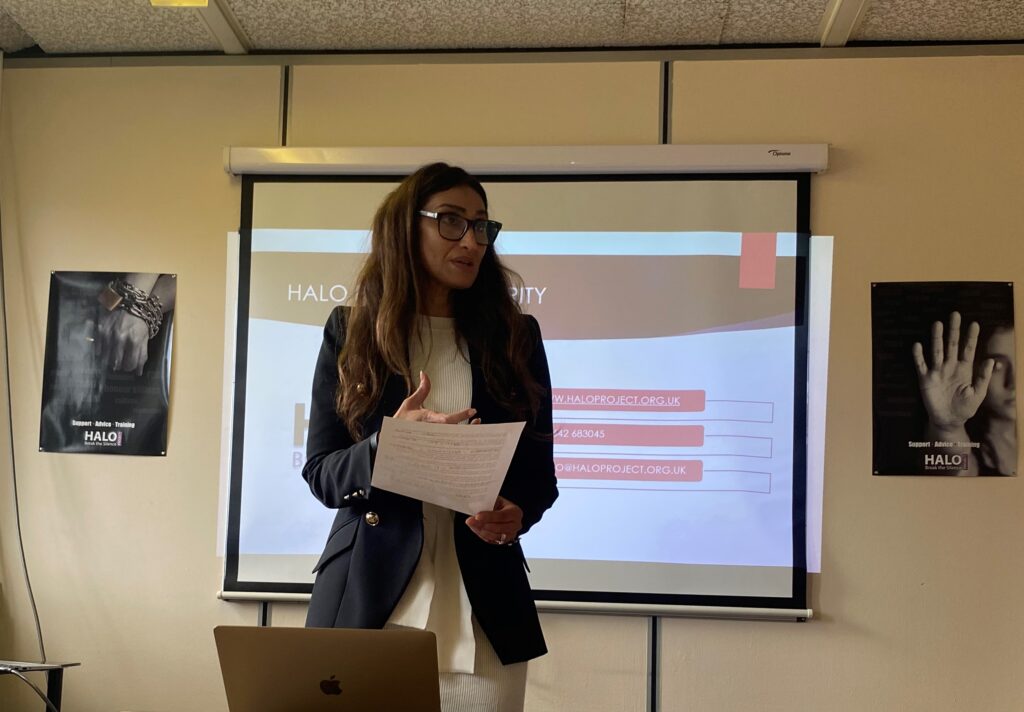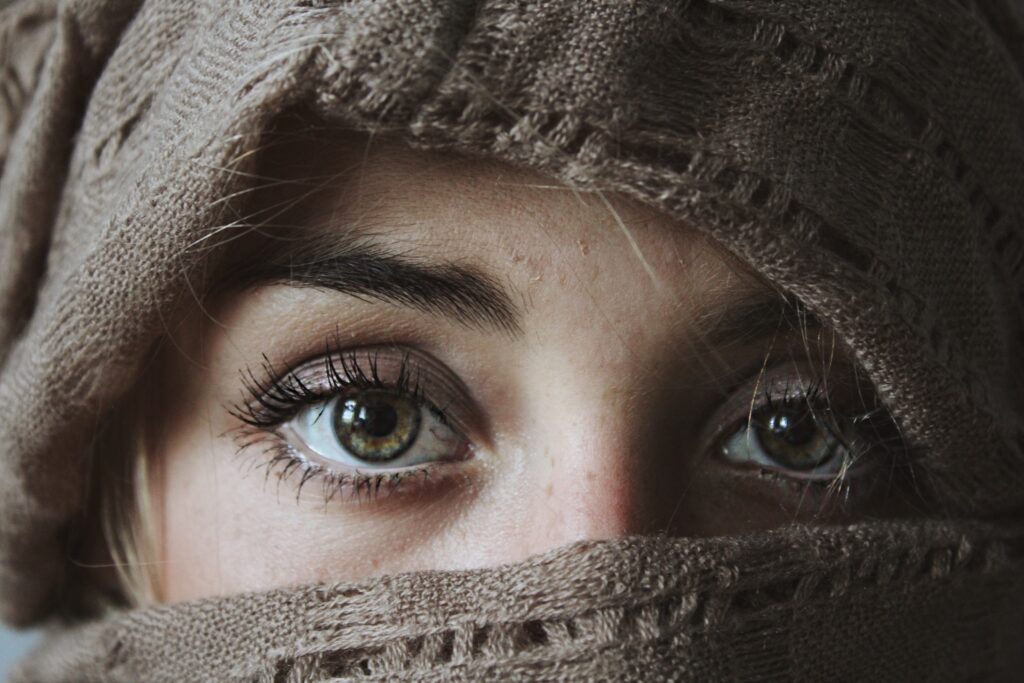The first ever Police super-complaint detailing the systemic failures of Black and minoritised sexual abuse cases by police forces across England and Wales has been upheld by the police inspectorate.
Her Majesty’s Inspectorate of Constabulary and Fire & Rescue Services (HMICFRS), along with the College of Policing and Independent Office for Police Conduct, have upheld the super-complaint lodged by The Tees Valley Inclusion Project and the Halo Project charity, which sheds light on the widespread failures/negligence tens of thousands of victims and survivors of sexual abuse have been affected by, each year, by the police.
The Tees Valley Inclusion Project and the Halo Project Charity welcome the inspectorate’s response to their report, filed August 2020, which provided unequivocal evidence and victim accounts of how the failings/deficiencies severely damage the effectiveness of police investigations of sexual abuse affecting Black and minoritised complainants and have materially dented community confidence in the Police’s commitment to properly investigating serious allegations of sexual abuse, in addition to endangering and irrevocably impacting the lives of those affected.
The complaint contains case studies, victim experiences, expert witness statements, academic research, and the experiences of specialist Black and minoritised staff working in the Violence Against Women and Girls (VAWG) sector across England and Wales, collectively identifying the specific barriers which effect reporting sexual abuse within Black and minoritised communities.
Yasmin Khan, Director of the Halo Project charity, said:
“We provided unequivocal evidence informed by victims of sexual abuse from black, minoritised communities. Our super-complaint, highlights institutional failings from police investigations across England and Wales which have been upheld on every single count. The inspectorate publishing our report, along with recommendations to all police forces will help build confidence among Black and minoritised communities, however, immediate, transformative change within policing is now needed urgently, in order to reduce the systematic failings experienced by BME victims of serious and historic abuse and prevent further, unnecessary trauma and harm.
We welcome the call for major changes in policing so that all forces nationally have an in-depth knowledge and detailed understanding of the cultural context of Black and minoritised communities in Britain today and the additional barriers and risks that exist, so that they can provide an effective, evidence-based, and trauma-informed response to victims and survivors at risk. This is not only possible, with expert intervention and education, but critical, across the entire police service. There is no longer any excuse for the ongoing issues which have been identified. Change must now be treated with the urgency required to protect lives.
The inspectorate’s support of the report’s recommendations is a testament to the courageous victims who came forward after suffering in silence for so long, to give evidence and help shape this report, to ensure others do not experience the same failures they did. I also want to acknowledge the contribution our BME specialist services including Muslim Women’s Network, BAWSO, Henna Foundation and many others who helped provide case studies and interviews which informed our report. We now need to see the implementation of the report’s recommendations in action and accountability to ensure that all survivors of sexual abuse coming forward are given the dignity, protection, and justice they deserve.”
The super-complaint was also supported by Nazir Afzal OBE, a Former Chief Prosecutor for England and Wales, who said:
“In my experience of three decades in justice I have seen first-hand how victims of sexual abuse have been let down by everyone responsible for safeguarding them and if you’re minoritised then your experience is significantly worse. Tens of thousands have suffered in silence without the support they desperately need. The super-complaint recommendations are critical in enabling victims to have greater confidence that police will respond appropriately every time, and nobody is left behind. Failing to take advantage of this opportunity is not an option.”
The Halo Project is committed to driving forward positive change as part of the police super-complaint and will work with police forces to generate this change to create a safer environment for Black and minoritised communities and the public at large.
The report is available to read at
A 24/7 Support Line for victims of rape and sexual abuse in England is available to victims – call 0808 500 2222 or visit www.247sexualabusesupport.org.uk.
For support or further information on the super-complaint, please call us on 01642 683 045 or email us at info@haloproject.org.uk









